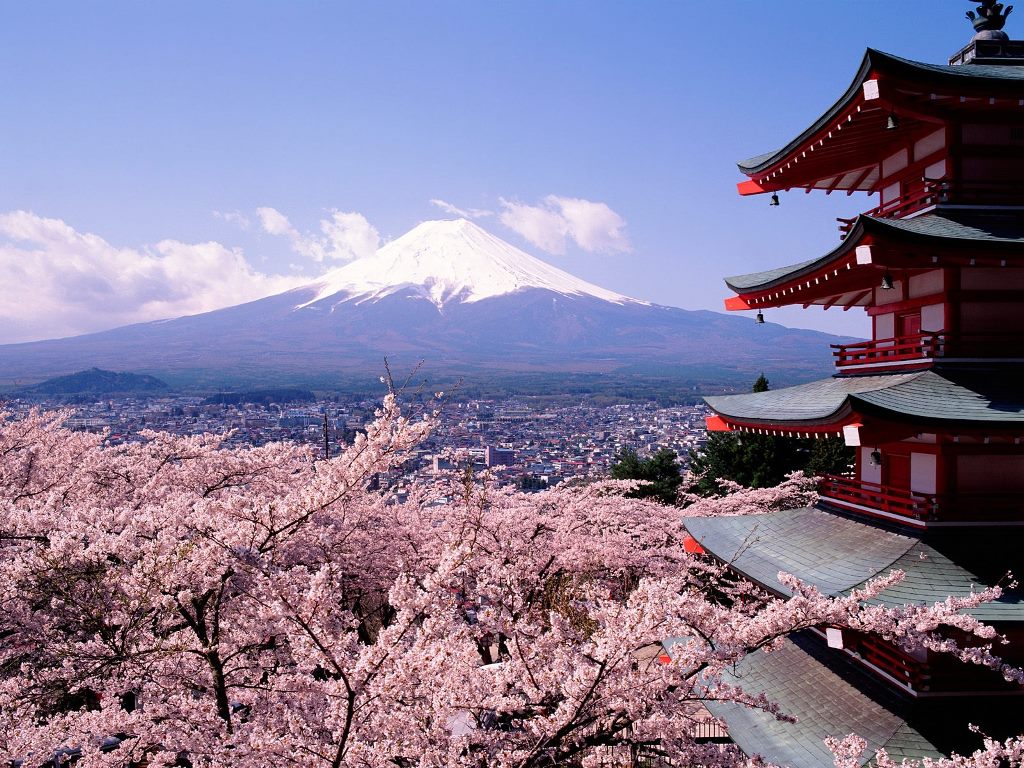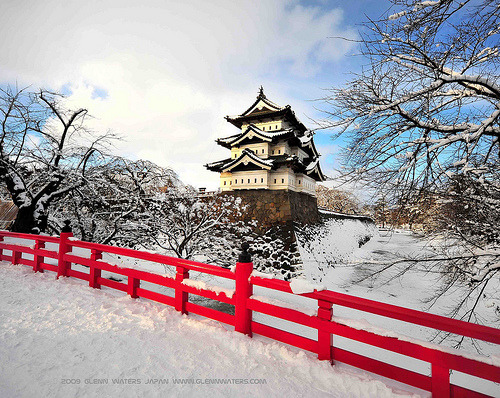Konnichiwa. こんにちは。- (Hello/Good afternoon.)
Konbanwa. こんばんは。- (Good evening.)
Oyasuminasai. おやすみなさい。- (Good night.)
Unlike English, it is mostly used before going to bed, but you can say it when your friend live to go home after party for example.
Itte kimasu いって 来ます ー'll be back when leaving (and planning to return)
Itte rasshai いって らっしゃい -(Good bye )go and return -the reply to "ittekimasu", said to the person leaving
Tadaima ただいま (I'm back )ー by the person returning home
Okaeri nasai おあ帰りなさい -(Welcome home ) the reply to "tadaima", to the person returning
Okaeri お帰り - same as okaerinasai, but this non formal use.
Ogenki desu ka - お元気ですか - (are you well / how are you)
Doomo arigatoo gozaimasu どうも ありがとう ございます。- (Thank you very much)
Doo itashimashite どう いたしまして - (you are welcome ) to reply arigatou
jya mata ne - じゃ またね - (see you)- non formal use
mata ashita - また 明日 - (see you tomorrow) - formal use
note :
People do not say "sayonara(さよなら)" when leaving their own home. "Ittekimasu(いってきます)" is normally used. The response to "Ittekimasu(いってきます)" is "Itterasshai(いってらっしゃい)". "Dewa mata(ではまた)or jya mata(じゃ また)" is also often used as "see you later", similar to the English expression.








